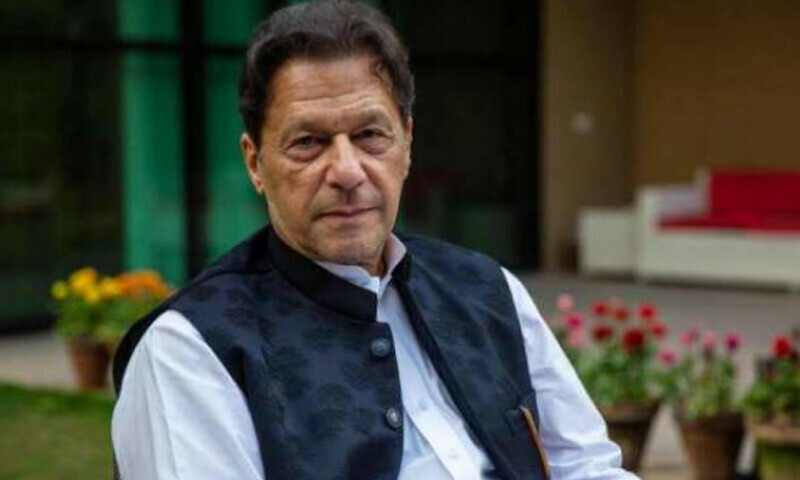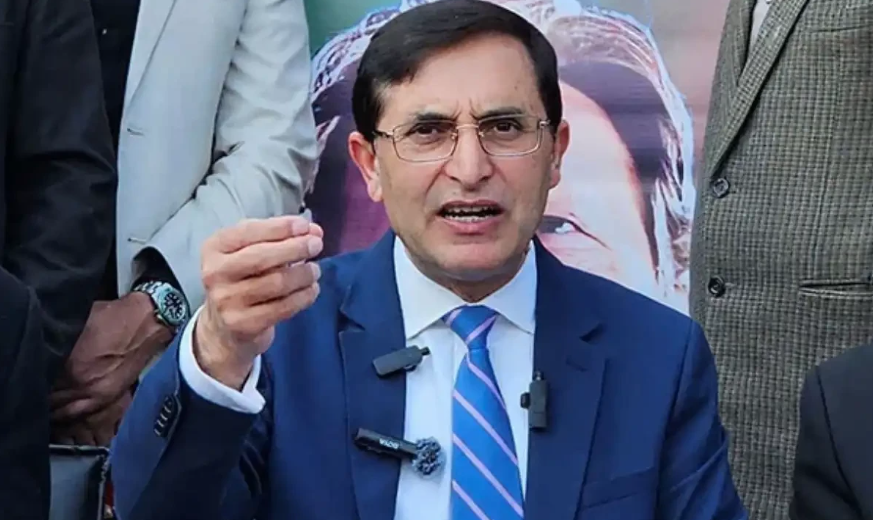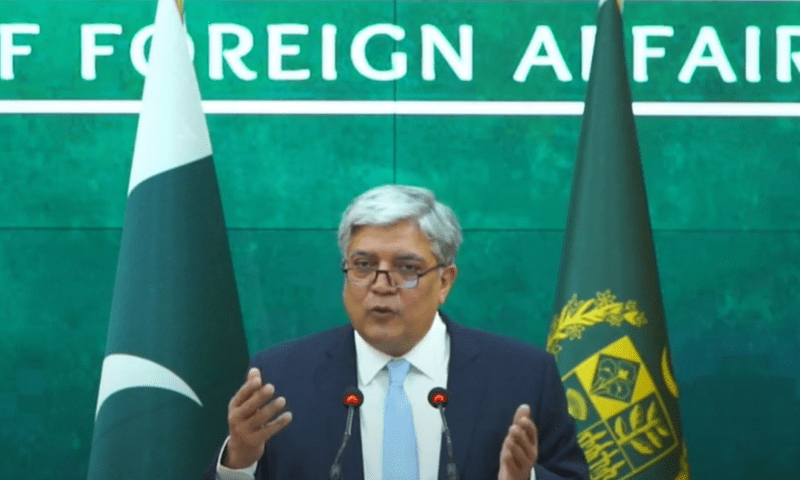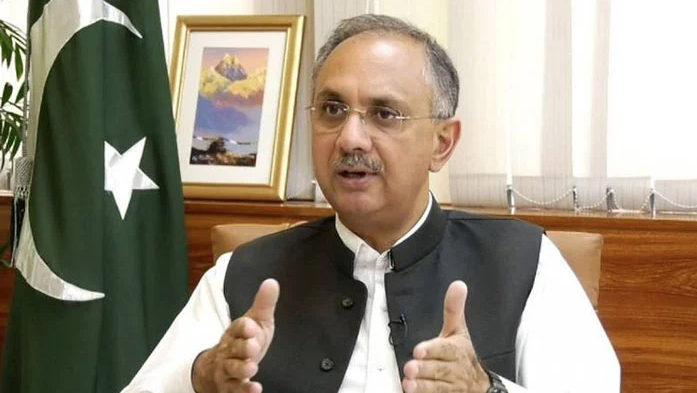POLITICS & POLICY MAKING
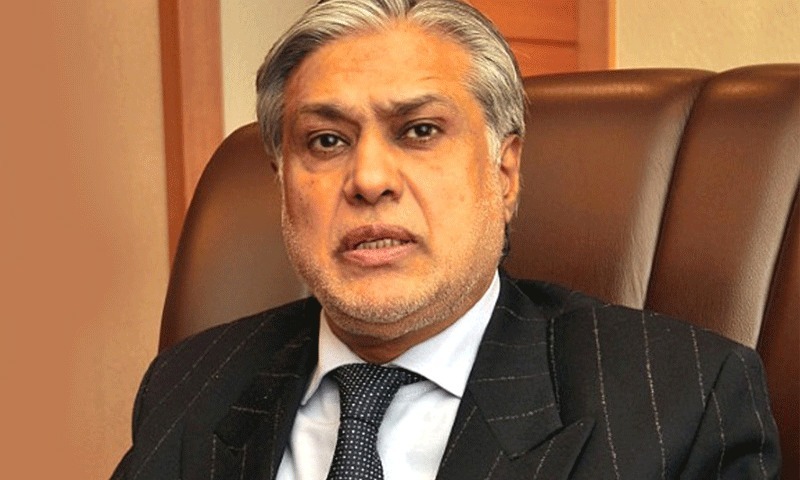
Deputy Prime Minister and Foreign Minister Ishaq Dar has issued a strong warning that any violation of the Indus Waters Treaty by India will be considered an act of war by Pakistan. The statement came during an interview with international media, as tensions between the two nuclear-armed neighbors continue to simmer following a brief but deadly exchange of military hostilities earlier this month.
Dar said that the National Security Committee (NSC) had met and unanimously decided that the treaty, which governs the use of shared river waters between India and Pakistan, must be respected at all costs.
“The NSC has decided that violation of the Indus Waters Treaty will be considered an act of war,” he said. “However, we still seek a peaceful resolution to regional conflicts through dialogue.”
Speaking about the recent ceasefire efforts, the Deputy PM revealed that U.S. Secretary of State Marco Rubio contacted both him and the Indian Foreign Minister on Saturday to urge restraint.
“Rubio asked me if we were ready for a ceasefire, saying India had shown willingness. I replied that if India does not resume aggression, Pakistan will not either,” Dar stated.
He went on to describe the significance of Pakistan’s retaliatory military actions, saying:
“For the first time, Pakistan responded forcefully to Indian air aggression, and India saw firsthand the capability and resolve of the Pakistan Air Force. They miscalculated and suffered damage far greater than they expected.”
Dar confirmed that the United States played a key role in diffusing tensions by ensuring both parties agreed to halt hostilities.
“Secretary Rubio assured me that he would reconfirm our readiness with India. Both sides must now commit to talks,” Dar added.
The statement comes amid heightened concerns about water security and military confrontation in South Asia. The Indus Waters Treaty, brokered by the World Bank in 1960, has been a cornerstone of water-sharing agreements between the two countries, despite multiple wars and diplomatic standoffs.
Dar’s remarks reflect growing Pakistani frustration over what it sees as Indian provocations—not just militarily, but also in attempts to exploit water as a pressure tool in bilateral relations.
As of now, both sides have agreed to maintain a fragile ceasefire, but observers warn that without structured dialogue and international oversight, the situation could escalate again.
